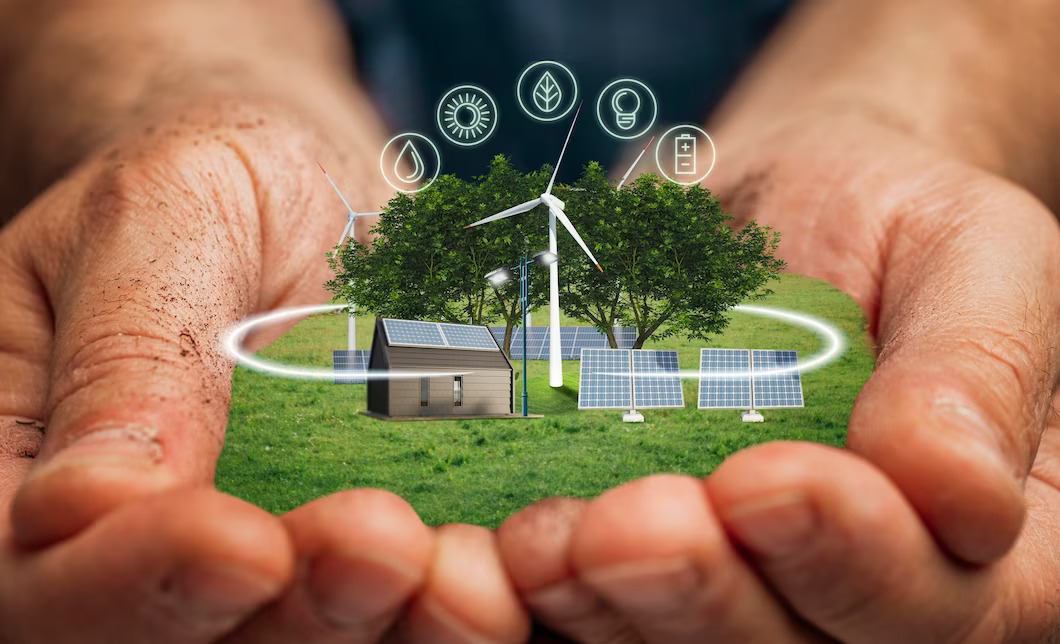Agri Based Power
Sustainable Farming Practices: Integrating Agri-Based Power Solutions
Brightening Horizons Illuminating Futures
Welcome to our sugar cane Bagasse-based power plant! We’re thrilled to be generating 40 megawatts (MW) of power per day from Bagasse, a byproduct of sugar cane processing. As the world increasingly embraces agricultural-based power production and renewable energy sources, our plant stands at the forefront of this movement.
By harnessing Bagasse to produce electricity, we’re not only providing a sustainable alternative to fossil fuels but also reducing agricultural waste. This aligns with global efforts to combat climate change and transition towards cleaner energy sources. Agri-based power production offers a dual benefit: it reduces reliance on non-renewable resources while also supporting rural economies by creating new markets for agricultural residues.
In India, where agriculture is a significant contributor to the economy, our Bagasse-based power plant plays a crucial role in enhancing energy security and promoting rural development. By utilizing sugarcane as a feedstock to produce power, we contribute to decentralizing power generation, making communities more self-sufficient and resilient.
Moreover, our plant’s operations help India meet its renewable energy targets and reduce its carbon footprint. By displacing fossil fuel-based electricity generation with renewable power, we contribute to cleaner air, healthier ecosystems, and a more sustainable future for generations to come.
Join us in championing Agri-based power production and renewable energy solutions. Together, we can power a brighter, greener tomorrow while safeguarding the environment and fostering economic prosperity.



industry

industries

Earning excellence through RECs
Excellence, for us, goes beyond our core business interests to earn additional revenue through other sources also. We have been boosting our earnings every year through Renewable Energy Certificates (RECs), which also help us contribute to the global environmental protection mission.
The REC system (RECS) works on a voluntary basis and is aimed at stimulating international development of renewable energy. RECs enable companies to provide evidence of the production of a quantity of renewable energy. They also facilitate renewable energy trade, thus creating a market for renewable energy, while enabling transfer between market parties in different countries where they can be used to show evidence of the consumption of renewable energy.
